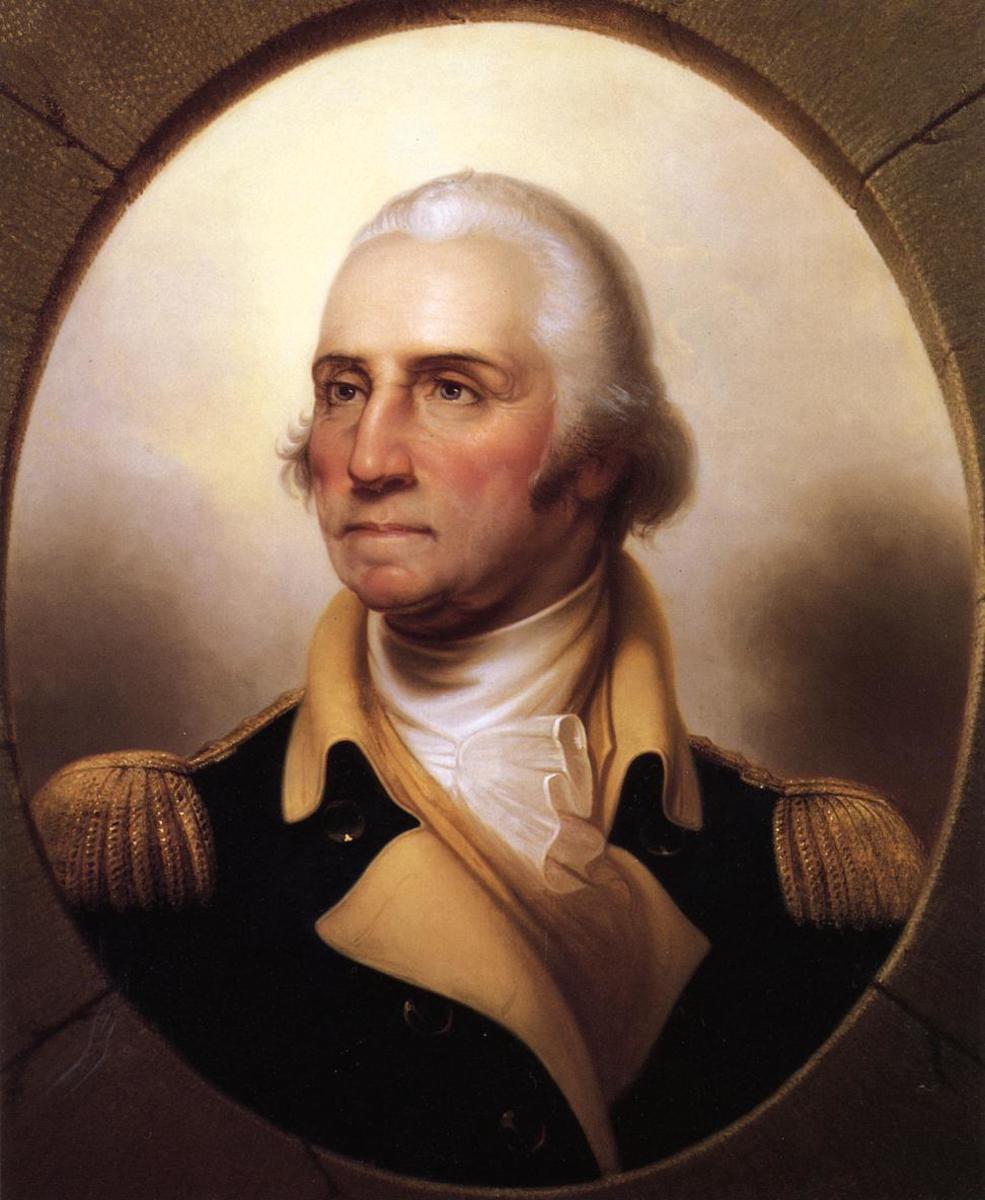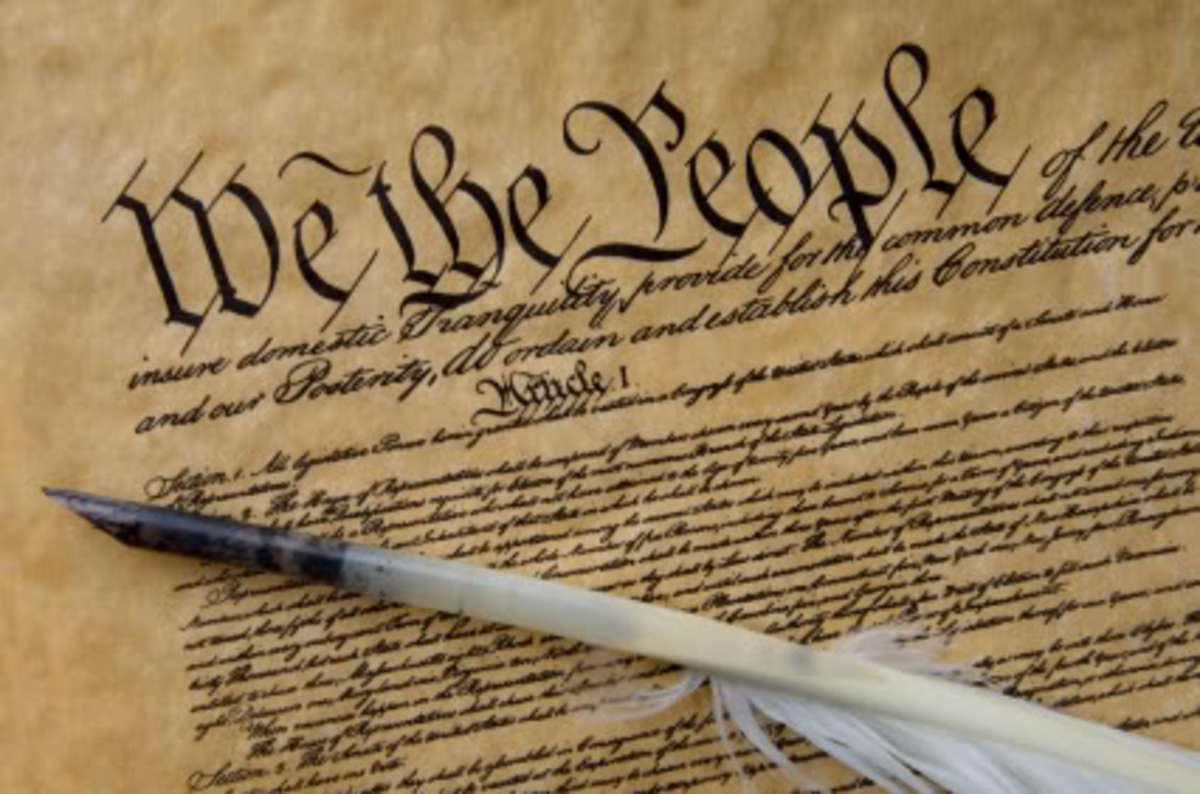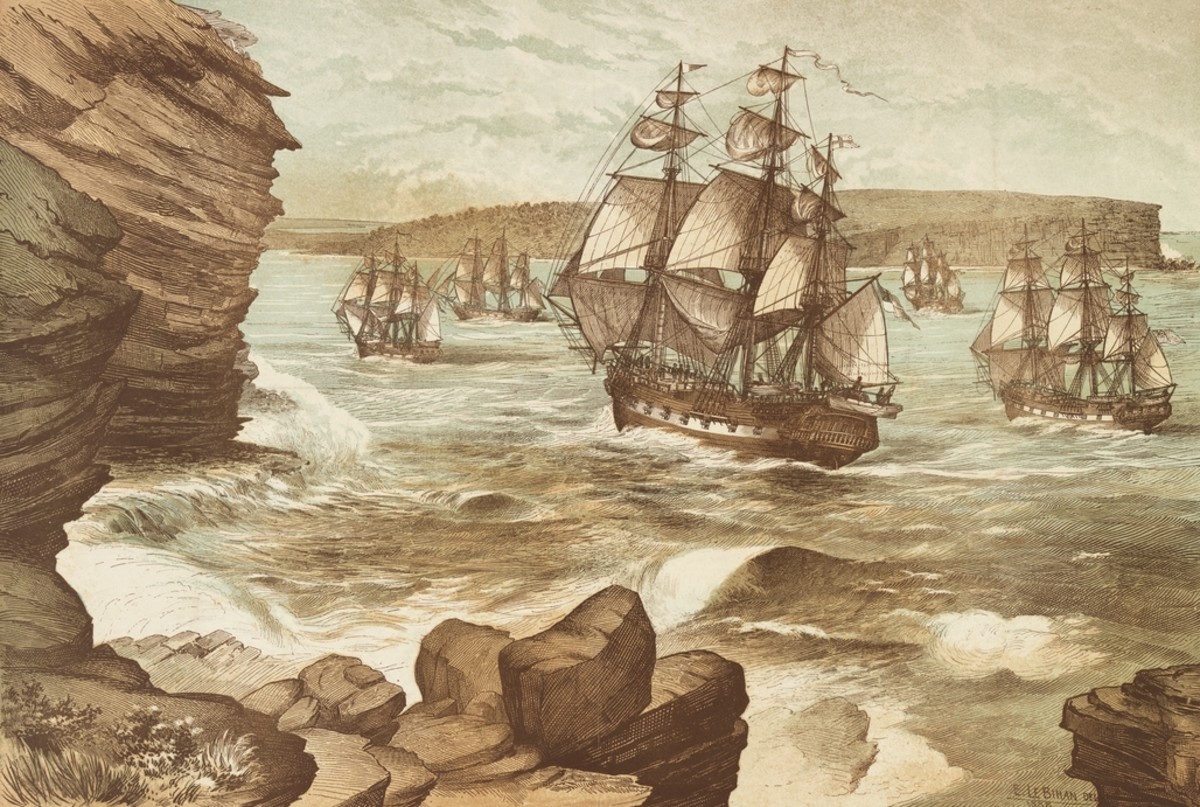5 Important Years Every American Should Know
It is truly impossible to narrow down American history into a single list of important years. That isn't what this list is, nor what it is trying to be. This list will highlight important, turning point years not only in American history but also in American culture. These years are chosen because of their importance and their relevance within society today.
1787
What happened in the hot summer of 1787 was the culmination of years of fighting for independence and attempting to create a functioning government. The founding fathers spent months trying to revise the Articles of Confederation in the quest for a new document that would shape American lives. 1787 was the year the Constitution was born, it was the year the American government as we know today was born. Once this happened there was no going back to the old ways, everything after this was uncharted territory, a new beginning for a new country.
It is also a period of time in which Alexander Hamilton rises in fame by writing the Federalist Papers, which called for the ratification of the Constitution. Hamilton, because of the hit musical by the same name, has a special place in many people's hearts due to his story and his large role in the 1787 constitutional debates.
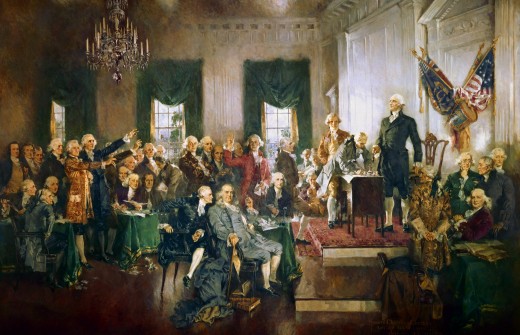
1865
1865 represents a stark difference than the year mentioned before. instead of creating a government, a government was being dismantled from within. The Civil War was becoming a blood bath, racism and slavery were at the forefront of the fighting, and the nation was in pain, a pain it had never felt before. The war rages on until April, when it finally ends in a confederate surrender after four long years. Perhaps the last drop of blood in the war was shed by the President, Abraham Lincoln who was assassinated on April 14, 1865. It is important to remember this dark year in our history because it represents a high point in incivility, violence, and intolerance, shades of which can be seen today.
A more positive event that happened in 1865 was the passage of the 13th Amendment which officially abolished slavery. This was only the first step toward racial justice, and a step that was not without resistance.
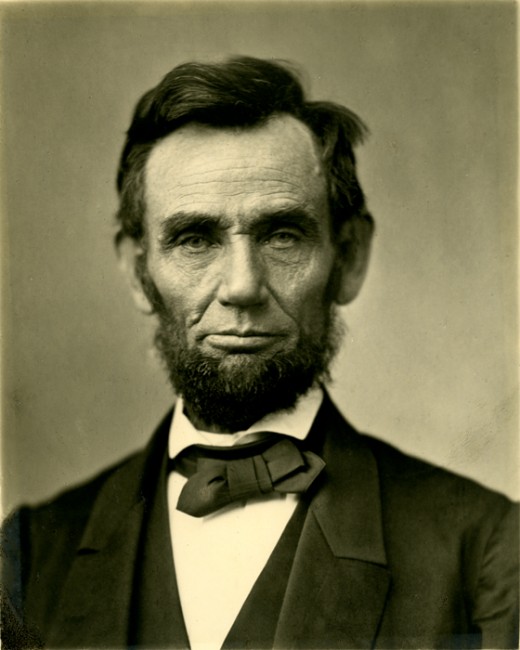
1957
1957, the year of Elvis and Eisenhower, in other words a momentous year for pop culture and politics alike. Elvis Presley emerged onto the rock 'n' roll scene, albeit filmed from the waist up so the youth could not be "corrupted." Nevertheless, Presley revolutionized musical culture in America and opened the door for rebellious musicians, both black and white to make their mark on American culture. 1957 also marked the premiere of West Side Story which delved into issues of identity, immigration, gangs, and of course, forbidden love. 1957 was a launching point for incredible music to follow as well as influential artists.
Following the landmark Supreme Court decision in Brown v. Board of Education, which effectively ended segregation in public schools, there was extreme resistance from some states; one of which was Arkansas. Governor Faubus angrily sought to prevent a group of black students, the "Little Rock Nine," from entering a newly desegregated school. After massive protests President Eisenhower decided to enforce the laws and escort the students to school with the assistance of federal troops. The government also tried to tackle civil rights by passing the Civil Rights Act of 1957, which sought to make voting more equal. However, African Americans were still largely disenfranchised which led to increased protests and demonstrations that were met with violence by police and others.
1957 is generally seen as a "positive" year but a decade later, that would all change.
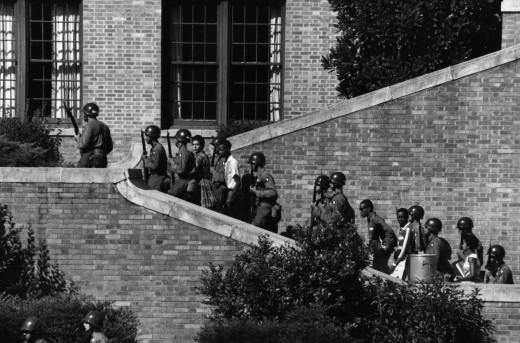
1968
Protests, assassinations, war, and hate all packed in one long, objectively unstable year in America. With the backdrop of the Cold War and the Vietnam War, America saw multiple anti-war protests as well as protests for civil rights. Often these protests led to death and a lack of true change, but their impact remains even today. 1968 was also turbulent because of the assassinations of civil rights icon Martin Luther King Jr. as well as presidential candidate Robert F. Kennedy. Both of these moments proved to be difficult ones that the country faced given the feeling that change would never come and that death would be brought on those who spoke of that very change.
1968 was the grand finale to the tensions and hate built up in the years before and is rightly so considered one of the most tragic years in American history. In the current social arena in which protest, and speech are demonized, we must look back to 1968 and remember where it might lead us.

2008
2008 saw the nation's first African American president elected, Barack Obama. His promises of hope and progress inspired many Americans throughout the country and his election proved to be important in the context of inclusivity. 2008 also marked the low point in the Great Recession which caused many Americans to endure financial hardship. As a result the American political and economic system would see a shift given the rise of the Tea Party, a group of fiscal conservatives advocating for lower debt, as well as the rise of populism. The effects of 2008 played a large role in electing Donald Trump as President in 2016.
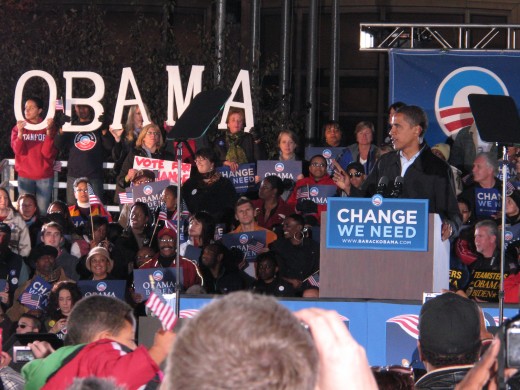
Overall, these years were chosen to demonstrate important events and trends throughout the nation's history that still have an effect on us today. It is most important to remember these years and remember the lives affected by them. As George Santayana once said "those who cannot remember the past are condemned to repeat it."
Some honorable mentions include:
1776-the year American declared independence from Great Britain
1945- U.S victory in World War II
2001- The terrorist attacks on New York on 9/11



